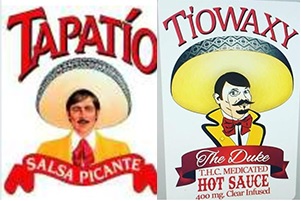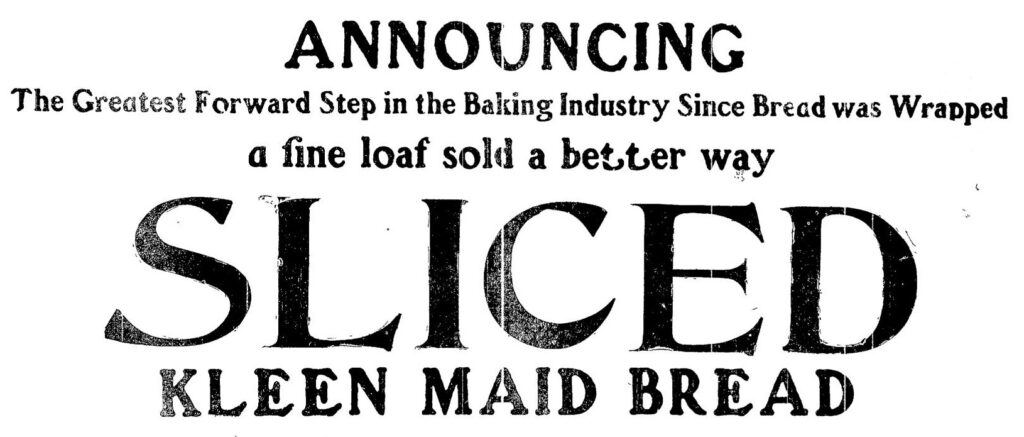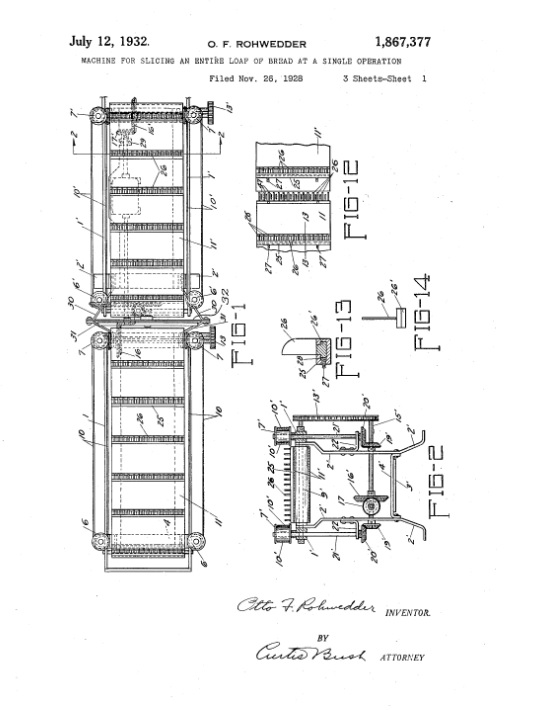Mustard Girl, a gourmet mustard company founded by Jennifer Conner, sued its co-packer Olds Products Co. of Illinois (in Cook County Circuit Court, No. 2020L002316) for (1) trade secret misappropriation; (2) breach of contract; (3) tortious interference with prospective; business expectancy; (4) promissory estoppel; and (5) unjust enrichment.
According to the Complaint, Olds used Mustard Girl’s formula to create private label brands for two of Mustard Girls’s largest customers. Olds also caused Mustard Girl to miss winning a gold medal from the National Mustard Museum and losing a major national account by filling Mustard Girl’s bottles from the dregs left over after filling bottles for Olds products first. Finally Olds abruptly terminated its relationship with Mustard Girl at the cusp of its busy season, allegedly telling Mustard Girl “This is how we put people out of business!”
All of this came to light because Mustard Girl was contacted by a sympathetic employee of Olds who had been apologetic about the way Olds
had treated Mustard Girl.
Small food companies like Mustard Girl depend upon co-packers to make and help distribute their products. Mustard Girl appeared to handle the relationship appropriately, entering into a confidentiality agreement with Olds. Although Mustard Girl should have put the agreement in a sage place, because she apparently lost it. Hopefully this lapse will not damage Mustard Girl’s claim. In retrospect, Mustard Girl probably could have negotiated a longer notice period, and probably should have been more in touch with its customers, and been more on top of sales volumes so that it could discover its co-packer’s misdeeds sooner,
If Olds behaved as it is alleged to have behave, one would hope that the law will provide a remedy to Mustard Girl. In the meantime Mustard Girl’s plight is a warning to small food companies to actively manage their relationships with co-packers.




